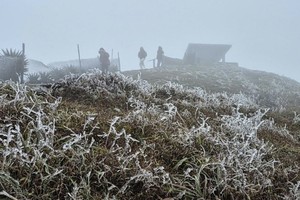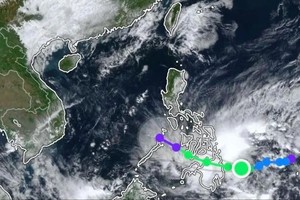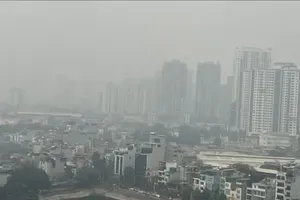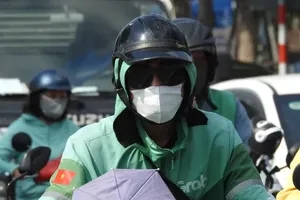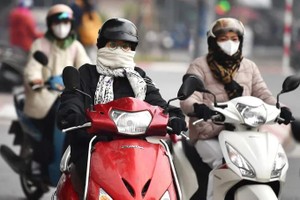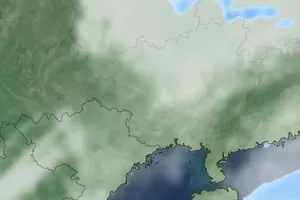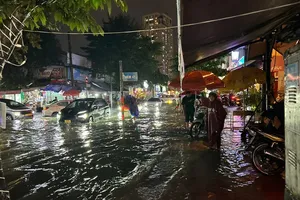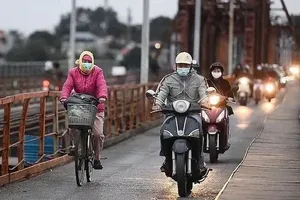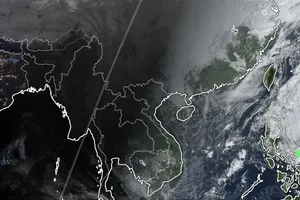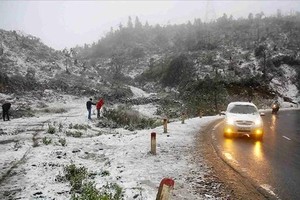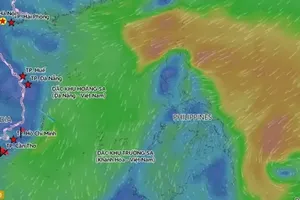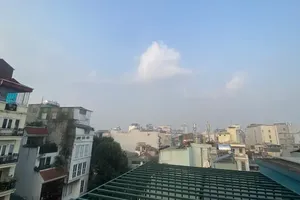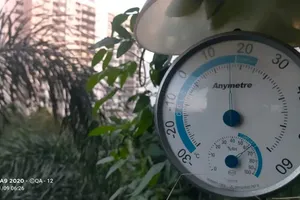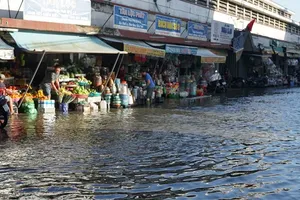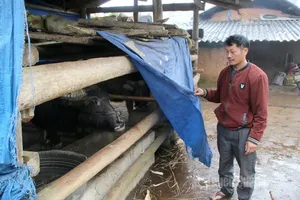
Six of the number are to make landfall in Vietnam, particularly in the central and southern regions in the second half of the year.
Low rainfall and drought in the Central Highlands and southern localities are likely to last until May. The total rainfall in the regions by October is forecast to be 15-30 percent higher than the yearly average, as the rainy season will end later than usual.
Meanwhile, the peak of flood spells in central and northern Central Highlands provinces in 2020 will be higher than that recorded in the previous year.
Vietnam grappled with nearly 4,000 disasters and incidents in 2019, an increase of 57.9 percent compared to the previous year.
From mid-December 2018 to mid-December 2019, more than 500 people were killed and 170 others injured in environmental incidents. Some 1,400 warehouses and factories and 2,000ha of forest were burnt down, and nearly 117,000ha of rice damaged and 4,000 litres of oil spilt.
Prolonged heat and drought in last year's summer pushed the livestock and crops of thousands of small households in central Vietnam to the brink, prompting the Ministry of Agriculture and Rural Development to urge the Directorate of Water Resources to develop a coping plan for the thirsty winter-spring crops.
From June to October 2019, the rainfall in the upper Mekong region dropped by 35 to 40 percent, worsened by the impact of El Nino, causing water shortages in the lower part of the river described as a major source for the whole region.
